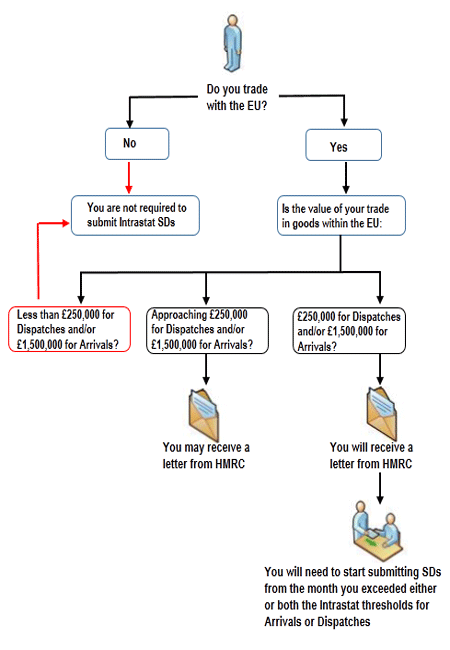VAT Groups
This is a very concise summary of matters that should be considered when deciding to form or disband a VAT group. 
VAT grouping is a facilitation measure by which two or more bodies corporate can be treated as a single taxable person (a single VAT registration) for VAT purposes. “Bodies Corporate” includes; companies of all types and limited liability partnerships.
It is important to recognise the difference between a corporate group and a VAT group – these are two different things and it should not be assumed that a corporate group is automatically a VAT group.
There are detailed rules on who can VAT group, which is an article in itself for another day, but it is worth remembering that it is possible to VAT group where no taxable supplies are made outside the group.
Pros
- Only one VAT return per quarter – less administration.
- The representative member accounts for any tax due on supplies made by the group to third parties outside the group. This is particularly helpful if your accounting is centralised
- No VAT on supplies between VAT group members. No need to invoice etc, or recognise supplies on VAT return.
- Usually improves the partial exemption position if exempt supplies are made between group companies.
- May improve input tax recovery if taxable supplies are made to a partly exempt group company.
- If assets are hived up or down into a group company before a company sale to a non-grouped third party, the VAT consequences of the intra-group movement may be ignored.
- May provide useful planning opportunities/convenience at a later date.
- Sales invoices issued, or purchase invoices received, in the wrong company name would not require time-consuming amendment.
- There may be cashflow benefits in respect of intra-group charges.
- Reduced chance of penalties on intra-group charges.
Cons
- All members of the group are jointly and severally liable for any VAT due.
- Former VAT group members are also liable for any VAT debts due during the period of VAT group membership.
- Only one partial exemption de-minimis limit for group – which decreases the ability to fully recover input tax.
- Obtaining all relevant data to complete one return may take time thus possibly missing filing deadlines.
- A new VAT number is issued.
- The representative member needs all of the necessary information to submit a VAT return for the group by the due date.
- Via anti-avoidance provisions, assessments can be raised on the representative member relating to earlier periods when it was not the representative member and even when it was not a member of the group at that time.
- The limit for voluntary disclosures of errors on past returns applies to the group as a whole (rather than each company having its own limit).
- The payments on account (POA) limits apply to the group as a whole. This applies to a business whose VAT liability is more than £2 million pa. This adversely affects a business’s cashflow.
- The cash accounting limit of £1,350,000 applies to the group as a whole (rather than each company having its own limit).
- Transfers of Going Concerns (TOGCs) acquired by a partly exempt VAT group may result in an irrecoverable VAT charge as a result of a deemed self-supply.
- An option to tax made by a VAT group member is binding on all present and future members of the VAT group. This is so even after a company has left the VAT group.
We strongly recommend that professional advice is taken when a business is either considering forming a VAT group, or when thought is being given to disbanding one. Making the wrong decision could be very expensive indeed. Specific matters that dictate VAT advice are when:
- property is involved
- inter-company charges are made
- TOGCs are involved
- costs in respect of restructuring are incurred (a current hot potato in the courts)
- there is an international aspect to a group
- a reverse charge applies
- a company has been involved in the penalty regime
- companies become insolvent
- a VAT group is subject to POA
- a company, or the VAT group, makes exempt supplies.

